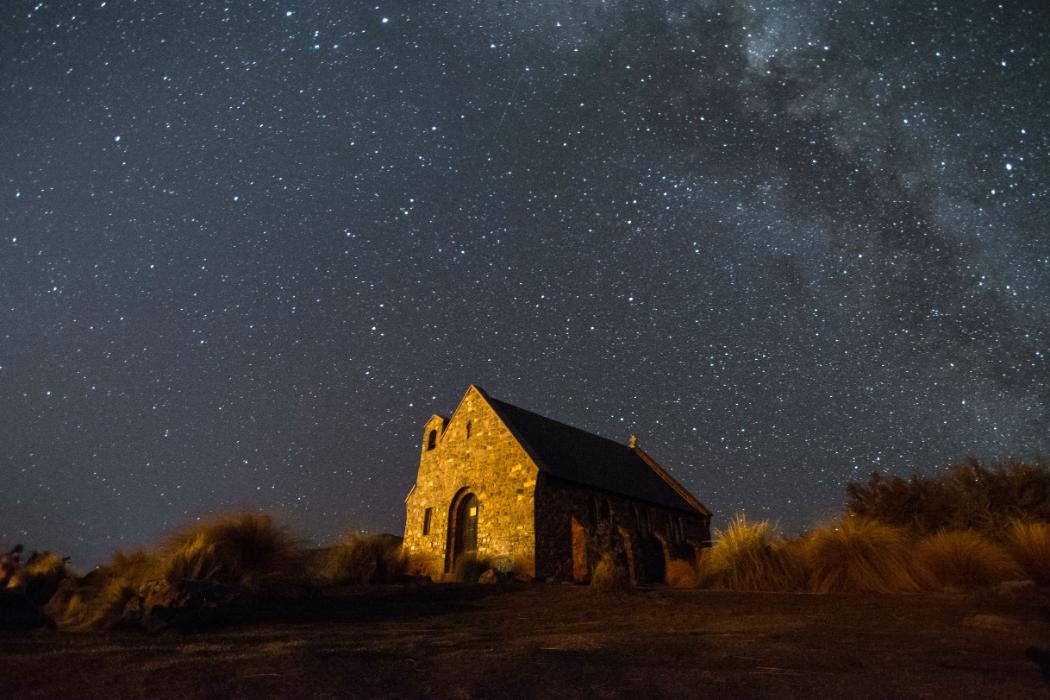Connect with us
School of Physical and Chemical Sciences


Astronomy is the oldest science where Copernicus, Kepler, and Newton made huge contributions to our knowledge and understanding of the solar system and planetary motion. UC's School of Physical and Chemical Sciences (SPCS) is one of the best places to study Astronomy in New Zealand. Find out how to study astronomy at UC.
Astronomy is the oldest science, seen as far back as ancient China and classical Greece through to the Renaissance, where Copernicus, Kepler and Newton made huge contributions to our knowledge and understanding of the solar system and planetary motion.
But the science of Astrophysics, which seeks to explain the structure and evolution of the stars and other celestial objects by applying the principles of physics to interpret our observations, is little more than a century old.
Currently Astronomy is undergoing huge expansion as:
A degree in Astronomy provides broad training in many branches of Physics as well as Astronomy, and graduates are highly employable in science, technology and computing industries. Graduates take on a broad range of careers.
Our researchers are engaged in internationally recognised work and postgraduate students have opportunities to take part in meaningful projects.
For prescribed courses for the Bachelor of Science in Astronomy please see the degree regulations on the University calendar.
Required
PHYS 101 is offered in Semesters 1 and 2 and PHYS 102 is offered in Semester 2 and as a Summer Course. MATH102/103 may be replaced by EMTH118/119.
Required
Strongly recommended
Required
Required for postgraduate
Students intending to proceed to BSc (Hons) or MSc in Physics, Medical Physics or Astronomy should take:
(1) an additional two courses from 300-level PHYS or ASTR;
and (2) two additional courses from 300-level MATH or STAT.
Each October the PHYS 300 level guide is updated and availble on request by emailing the School of Physical and Chemical Sciences office.